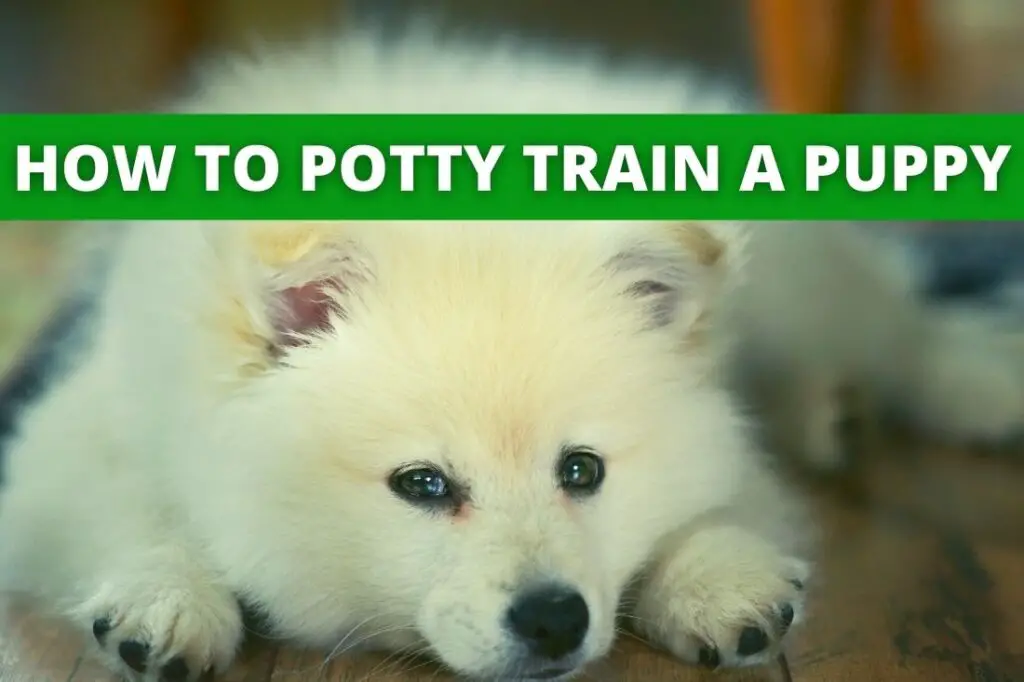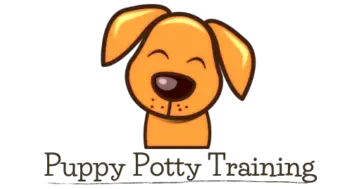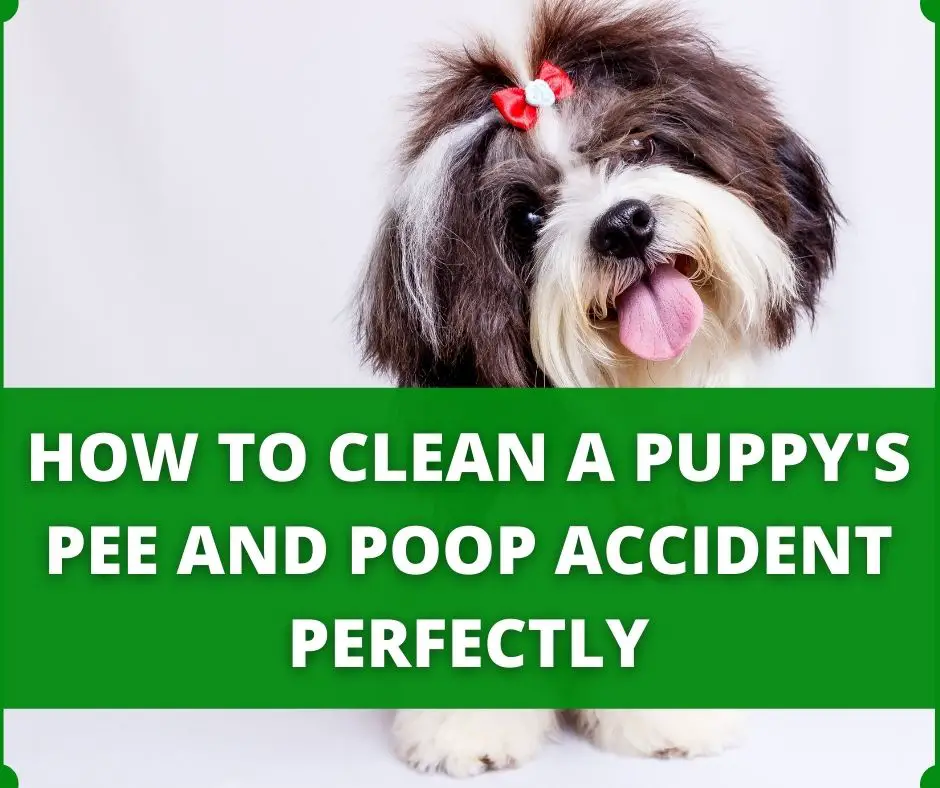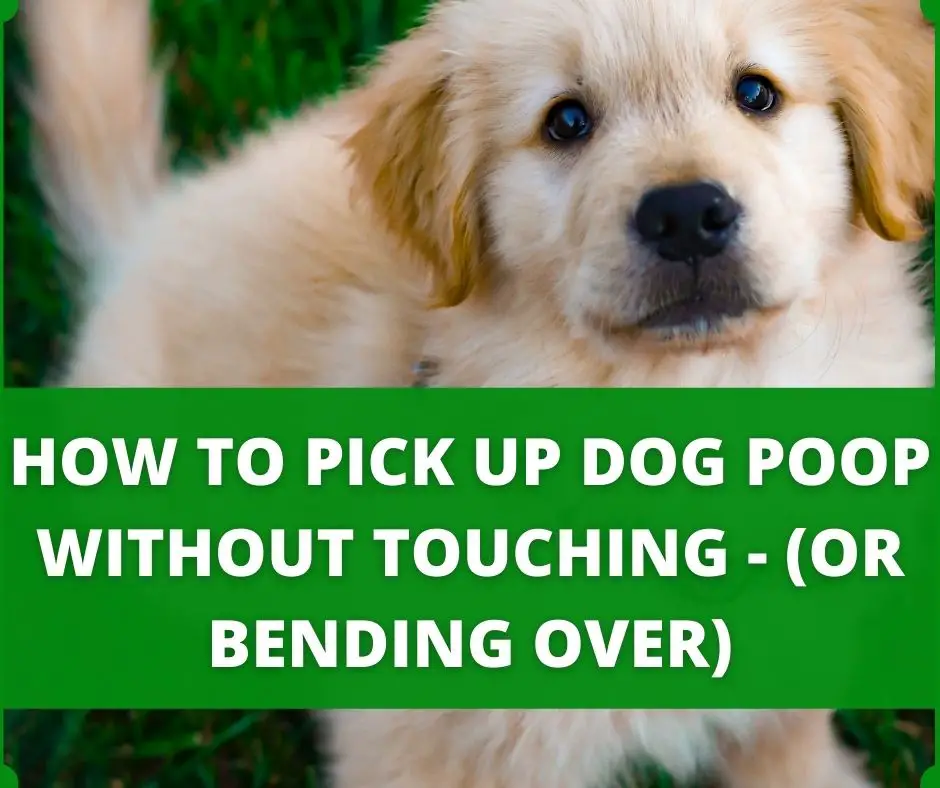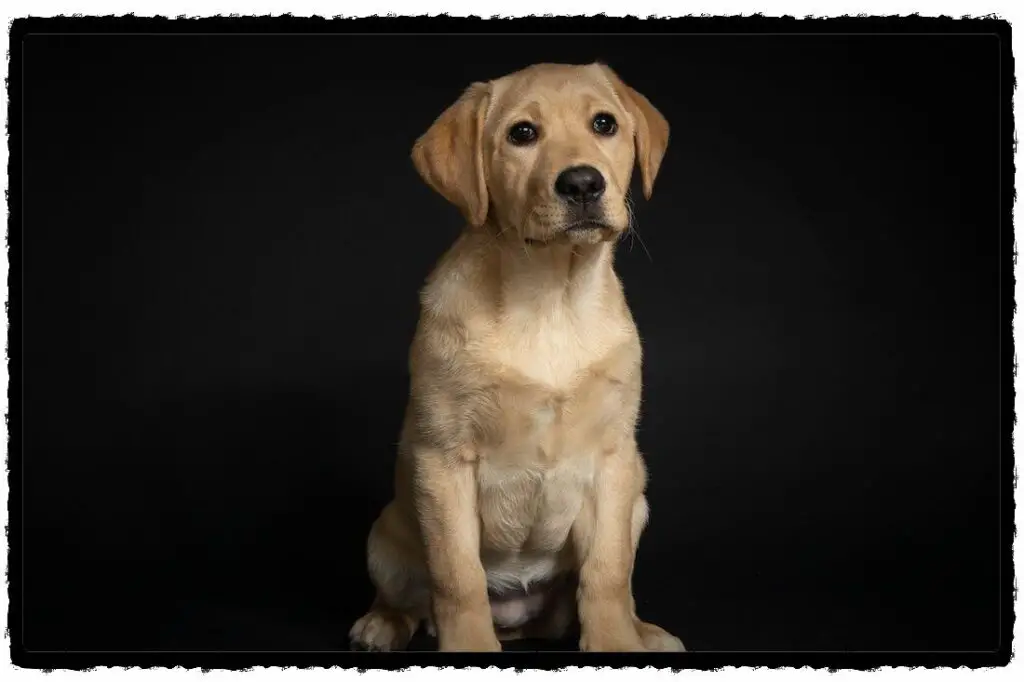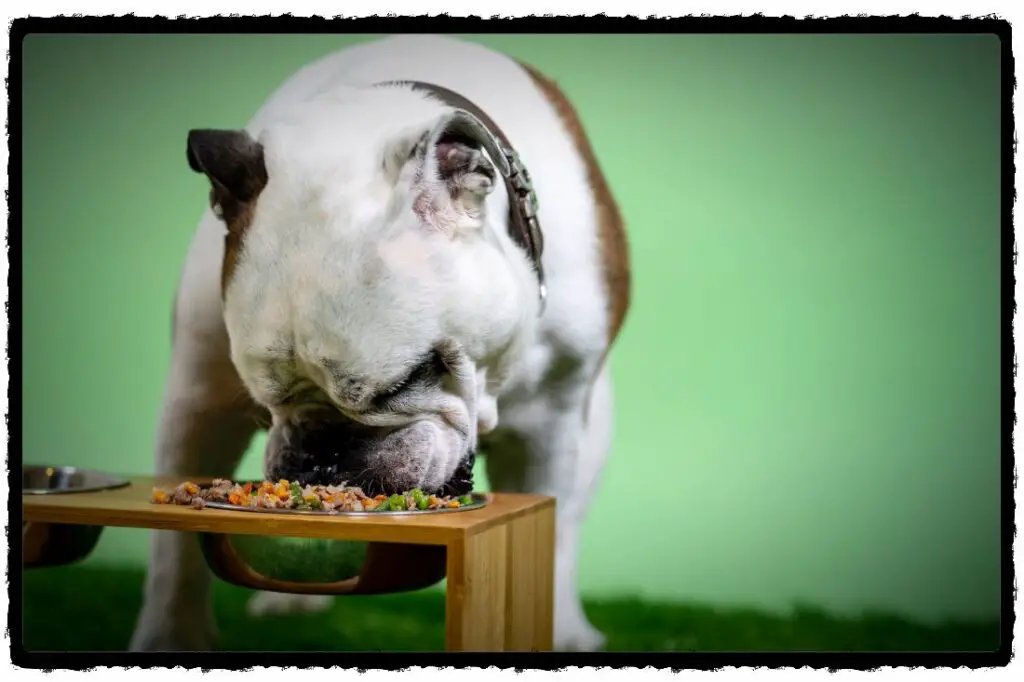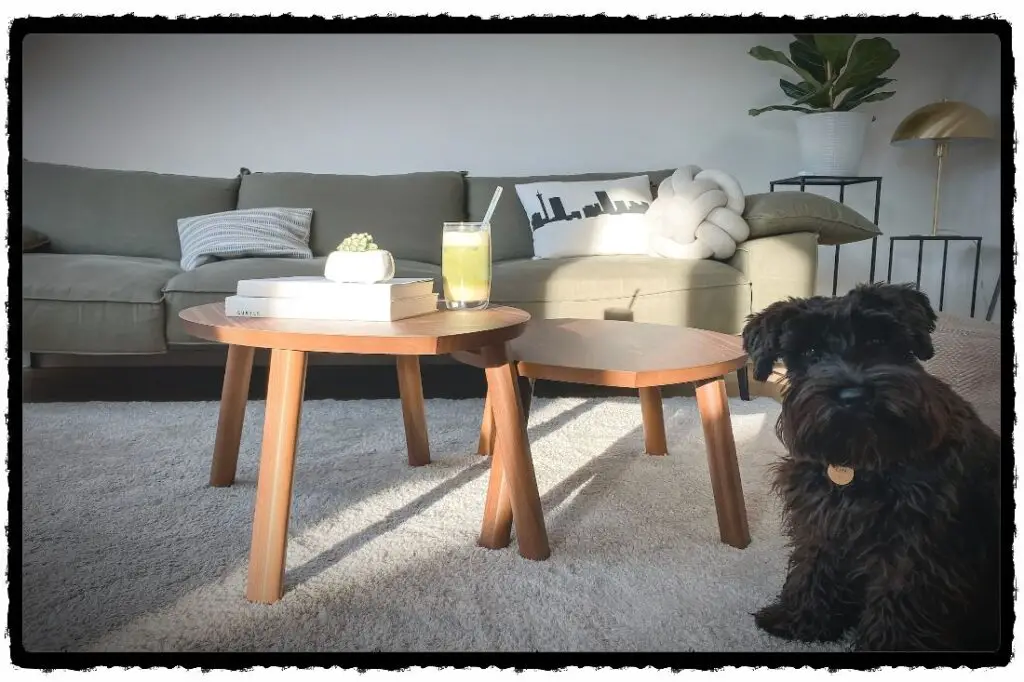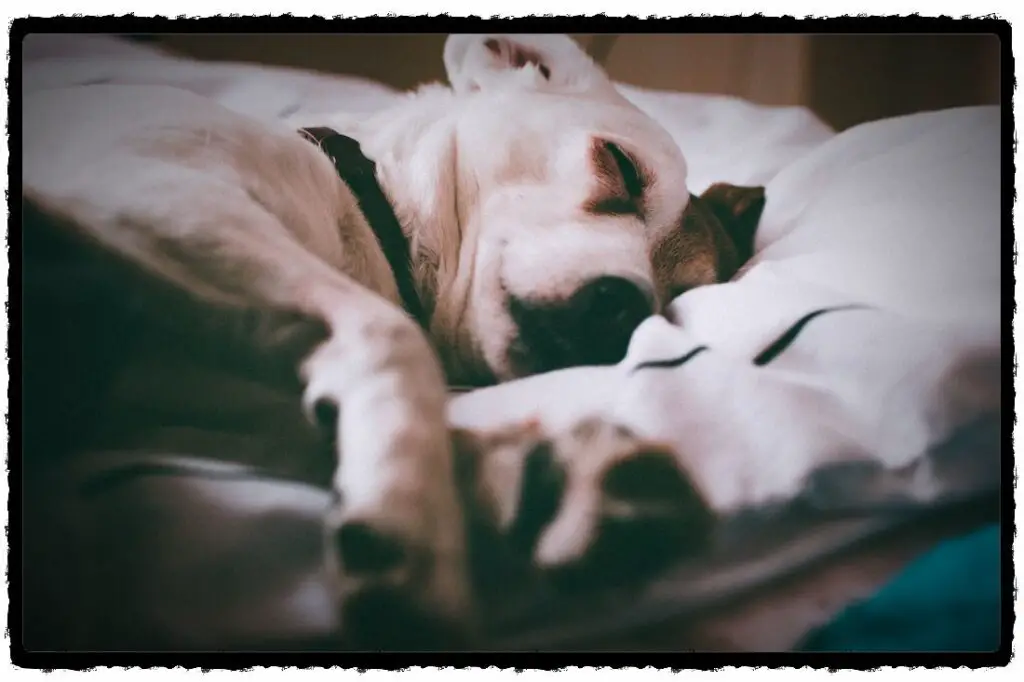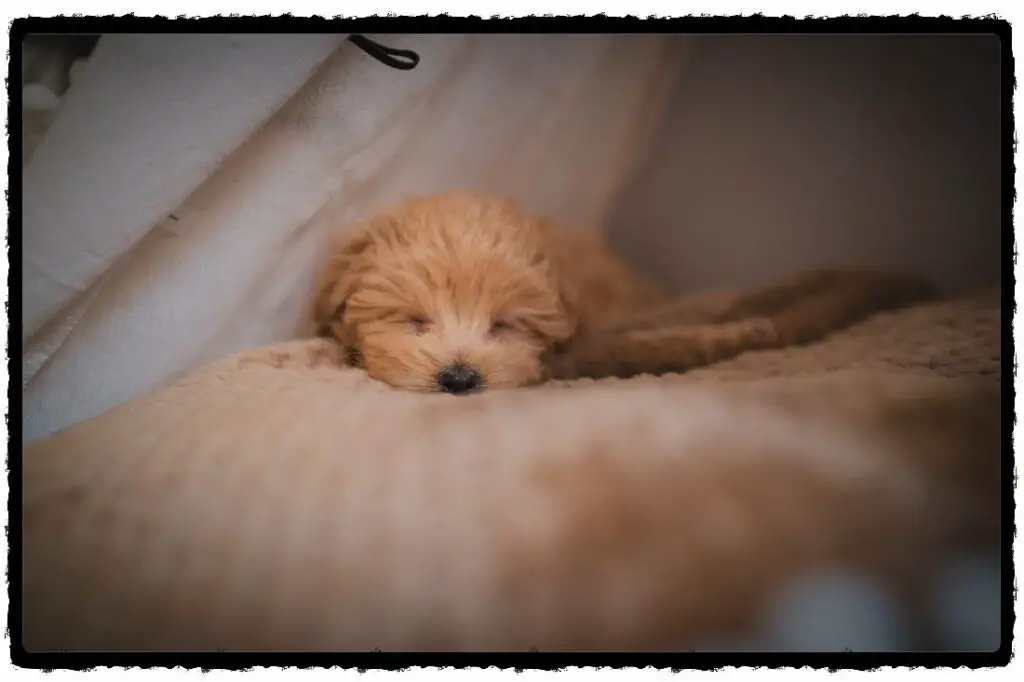It’s so frustrating to see your fully potty training puppy returning to the old bad habits. Well, it’s not uncommon. This phenomenon is called puppy potty training regression.
The good news is that; this regression is reversible. Here we are going to walk you through; what is regression, why it happens, and how to deal with it.
Quick Navigation
- What is puppy potty training regression?
- Reasons behind it?
- How to deal with the regression?
- Conclusion
What Is Puppy Potty Training Regression?
“When you think that your puppy is fully potty trained but he seems to be reverting back to the old habits like peeing and pooping in the house or on the place where he was not trained to go. This is called puppy potty training regression. It is more common in dogs of age 4 months to 1 year, but still, it can happen in older dogs too. There are many reasons behind this but the good news is; you can reverse this regression.”
When a puppy is less than 9 months old and he has started peeing or pooping in the house, you can’t call this potty training regression. It’s actually the result of incomplete potty training.
Here’s how to know that your puppy is fully potty trained or not.
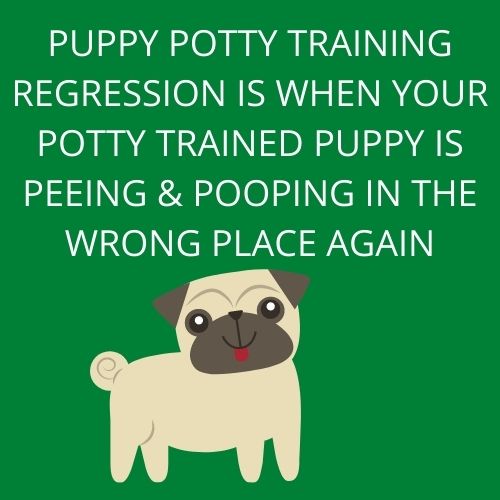
How to know that puppy is regressing in potty training?
Normally, potty training is not a linear process. Its like two-step forward and one step back, three-step forward and one step back. If your puppy is peeing and pooping into the house before he was fully potty trained, it’s not likely to be a regression, it’s a learning process.
If your puppy was fully potty trained, like he was going to the right place for weeks and he is more than 7-9 months old, and then he started doing the business in the wrong place, then you can say that it is potty training regression.
Why do puppies regress with potty training? / Common Reasons Behind Puppy Potty Training Regression:
Why do puppies and dogs regress with potty training? There are several reasons behind this; The most common are:
1- Brain Development:
It’s a regular part of their brain development. In their training, they take two steps forward then one step backward then 4 steps forward, and one step backward.
According to rover; at around 16-20 weeks of age, a puppy’s brain is almost 80% developed.
As they grow, they may forget old things and adapt to new things, so it’s best to stick to the same habits for at least one year of their age.
The fact that they forget old habits can also be helpful in reversing the regression because they will adapt to the new training quickly.
2- Stress:
Stress doesn’t only happen when you’ll have to pay rent and bills. For animals, the reasons for stress are different but it happens to them too.
If your dog is going through a phase of stress, he might get regressed.
Following are some common reasons for stress in dogs and puppies.
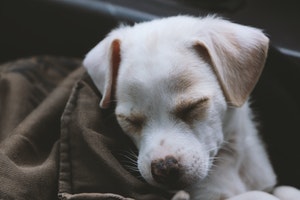
Separation
Separation from any family member might be a cause of stress in dogs. Say the dog was too attached to someone in the house and the person has started going to work or moved to a new house. The dog may get hit by separation anxiety, which can cause house training regression.
New pet or family member
Adding a new pet or a family member, just like a newborn baby, may put the dog under stress. Just like humans, dogs also need time to adjust to new people and routines.
They are not always ready to welcome new people and the environment. However, they will adjust within days.
How To Stop A Dog From Peeing In The House After New Baby?
Caretaker being busy
The primary caretaker of the puppy is now busy.
He has got a new job or a new baby to take care of.
The puppy can become stressed due to the caretaker’s absence.
Fellow pet gone
How would you feel if your best friend, who used to sit right next to you at your workspace, suddenly changed his job?
You will feel stressed. The same goes for puppies and dogs. This factor is just like the caretaker being busy or a family member is gone.
The death of a fellow pet or a family member can also become the cause of this regression.
Any household changes for example, shifting to a new home.
Just like you, dogs also get used to an environment and adjusting to a new home or environment might be difficult for them too.
3- Anxiety:
Any dog of any breed or age may become a victim of anxiety. But how a dog reacts to anxiety differs from dog to dog.
Common symptoms of anxiety in dogs are:
- Excessive barking
- Drooling
- Panting
- Regression
- Restlessness
- Repetitive Behavior
- Destructive behavior
As per this Vet Manual: There are mainly 3 reasons for anxiety in dogs; Separation, fear, and aging.
Here are the details:
Loud noises like thunder storm
It’s related to fear anxiety. Loud noises like fireworks and thunderstorms may cause this situation in dogs.
Friend going through an anxiety
Dogs are very sensitive to the people they love. If a fellow of his (whether he is a human or an animal) is going through some sort of anxiety, the dog will also get along with him.
Travelling
Traveling is hard for animals. They love routine. Constant traveling and tiredness may put him under stress and anxiety.
Being around strange people
Stranger anxiety! Happens in both humans and animals.
Separation Anxiety
Separation from any family member or fellow pet may cause anxiety in dogs.
Old age
Anxiety is most common in senior dogs. Just like dementia is common in them.
4- Medical Conditions
If everything seems alright and you are consistently helping your puppy staying on track but he is still having pee and poop accidents at home. It is time to rule out medical conditions that might be hindering the process of potty training.
Following are the most common medical conditions that might become the culprit or your puppy’s potty training regression/reversal.
- Urinary Tract Infection
- Diabetes
- Chronic Kidney Disease
- Cushing’s disease
- Prostate bladder or tumor
- Dementia
Here are all the details you know about these diseases.
5- Other Reasons
Some other reasons include:
- You are giving too much freedom.
- Following up with the training is important; you might be missing it.
- You are blocking the way that leads to the potty spot
- Puppy is not comfortable with the potty spot. (Maybe he encountered something bad happening around there.)
- He is spending time with dogs who are not following good potty habits.
- Maybe he is urine marking.
- Maybe he is wanting your attention.
How To Reverse Puppy’s Potty training Regression
These were the most common reasons behind the regression. Now it’s time for the solutions.
Here’s what you can do about your puppy’s potty training regression:
“In order to prevent puppy’s potty training regression, it’s best to keep up with the training (following the schedule and taking him to the potty on time) up to one year of age. And if you see a single accident, immediately lead the dog to the potty spot and clean up the mess with an enzymatic cleaner.”
1- Get Back To The Basics
If you find out that it’s just the development of their brain, then get back to the basics.
This must be your mistake that you were not sticking to the routine.
Set schedule
Set up the schedule again. Fix the timing of eating, drinking, and sleeping of your puppy and give him regular potty breaks.
Give him potty breaks
Pick up when he needs to go; just like we mentioned in our article “house training a puppy”. take your puppy outside (or the designated spot) every 1-2 hours, immediately after he wakes up, after every play session, 5-30 minutes after he eats or drinks, right before bed, and whenever he shows the cues that he needs to go.
Clean the mess immediately
If the puppy had only one accident at home and you didn’t clean up the mess immediately with a good enzymatic cleaner, it can cause him to reverse his training.
A very small amount of urine smell left on a place will cause the puppy/dog to relieve himself there again.
Treat for the good job
Take him to the potty outside and reward him with a treat when he does a good job.
Track when and where the accidents are happening
Track and note when and where the most accidents are happening. If there is a specific time, take him at that time to the potty spot.
If the accidents are happening in a specific place, don’t let your dog roam around that area and clean up the floor and other stuff with a strong enzymatic cleaner.
2- Resolving Stress Related Issues
Stress-related issues that are causing the regression, are usually not in anyone’s control. So the best thing is to give your puppy/dog some time to adjust.
Connect and spend more time with the dog and move back to basics.
3- Resolving Anxiety Related Issues
Anxiety in dogs should be managed and treated. When you identify any of the symptoms of anxiety mentioned above, it’s best to take action immediately.
- Connect and play with him.
- Make him some dog friends.
- According to CCSPCA, exercising the dog, physical contact with the owner, massaging and music therapy will help.
- Give him treats that contain melatonin, thiamin, chamomile, L-Theanine or L-tryptophan or some of them to help control the anxiety.
- In severe cases, see his vet.
- Give the dog some licking Toys! Licking really helps with anxiety in these animals.
4- Resolving Medical Related Issues
Consulting a veterinarian is the best option to deal with any medical issue happening with the dog.
Related and important:
Medical conditions that might be hindering the process of potty training.
UTIs In Dogs/Puppies – Signs, Remedies, Treatment & Prevention
Frequently asked questions:
Here are a few questions people usually ask about this topic:
4 Month Old Puppy Potty Training Regression – Is it possible?
You can’t expect a 4-month-old puppy to be fully potty trained. If he is peeing and pooping in the house, it means incomplete potty training, not regression. So, don’t lose your patience and keep up with the training. Get him on a routine and take him to the potty spot on time.
Here’s how to know that your puppy is fully potty trained now.
Conclusion: Puppy Potty Training Regression
Is it normal for puppies to regress in potty training?
It is very normal for puppies and dogs to regress in potty training. There are several reasons behind it including stress, anxiety, medical issues, behavioral changes, or any incidents happening to dogs. The good news is; it’s usually reversible. Getting back to basic training and resolving the underlying issues can help you out.
Read More:
Most common mistakes people make while potty training their puppy.
What supplies do you need to potty train your puppy?
